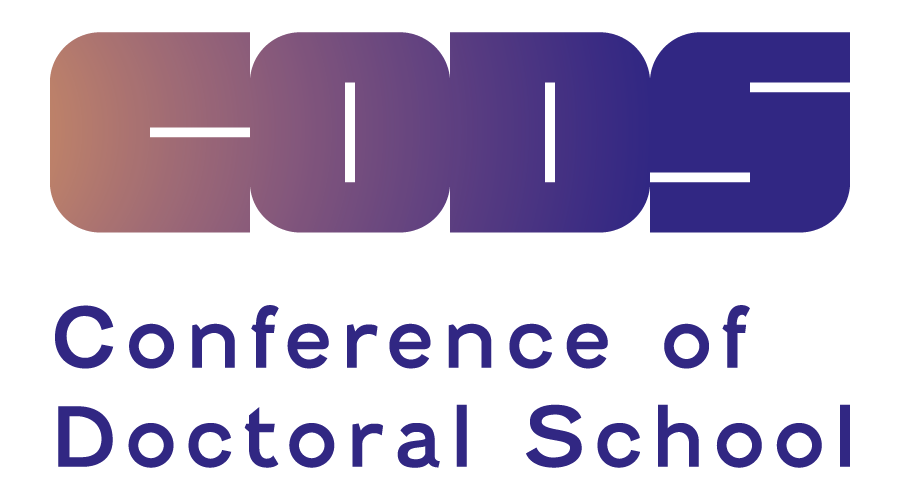
Pablo Ramírez González
PhD Candidate, Eugeniusz Geppert Academy of Fine Arts and Design of Wrocław
BIO
Pablo Ramírez González is a visual artist currently based in Wrocław, Poland where he is a Ph.D. candidate at the Doctoral School in the Eugeniusz Geppert Academy of Art and Design.
Pablo has focused his practice on exploring forms of collectivity, public space, alternative pedagogies, and decolonialism. He is a member of the collective Los Salvajes and founder of Alquimia Social, an ongoing process of collaboration with marginalized communities, that creates counter spaces of collective knowledge.
His recent research investigates the possibilities of collaboration between species through the exercise of radical empathy inspired by the indigenous practices of deep listening to plants and the process of weaving networks of sound.
His art practice focuses on research-based projects where he uses real-life situations, archives, electric networks, organisms, and materials to build up sites, installations, and ephemeral constructions. His working methods are rooted in decolonial archeology, which often confronts historical and sociopolitical contexts and aims to deconstruct the official narratives through the influence of indigenous thought and contemporary non-human-oriented cosmologies.
His work assumes art research as a critical practice for rethinking reality through radical imagination and empathy. Often challenging the relations of knowledge-power from the perspective of the epistemologies of the south, questioning the violence and hierarchies that are established with “the other”- human, non-human, plant, or animal- and their multiplicity of agencies.
The outcomes of his works range from social collaboration and pedagogical interventions, through archeological fantasies, shamanic digital and immersive environments to entomologic cataclysmic dioramas.
Abstract
Decolonial Practices of Time Making
Searching for new ways of approaching time requires a critical look at the mechanism of neo-colonial violence that is still present. Outlining the contexts and parameters of decolonization is in fact an ongoing epistemic project that seeks to delink from what Anibal Quijano terms “coloniality of power”.
By examining the Epistemologies of the South I will try to analyze the way science-fiction genre created in the countries of Global South can give a possibility to reimagine history through a different narration and speculate about other possible futures.
In my practice, I am referring to indigenous mesoamerican visuality and knowledge in order to understand how the technologies and ways of thinking created in the past have become alternative modernities.
By giving agency to human and non-human agents that operate inside my projects I try to reclaim the indigenous heritage. My inspiration is rooted also in the idea of reciprocity among interspecies networks, such as the concepts of Minga, Milpa, Tekio, or Chinampa. On the other side, working in the Western context that I am currently immersed in, can be the way to address critical non-anthropocentric views such as speculative fiction, new materialism, anthroposophy, object-oriented ontology, elementary politics, and posthumanism. The presentation aims to draw attention to the environmental practices and problems and the ways in which they align with the previously stated decolonial approach.
Keywords: Decoloniality, Futurism, Epistemology, Global South, Science-fiction, Agency
